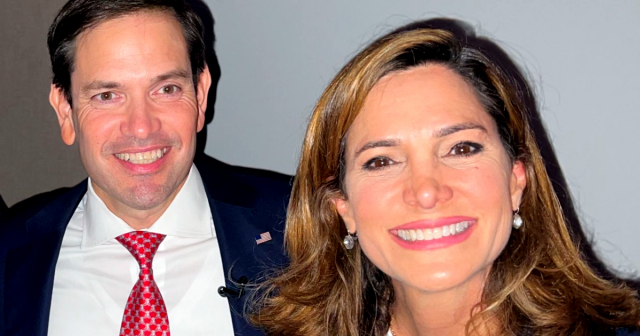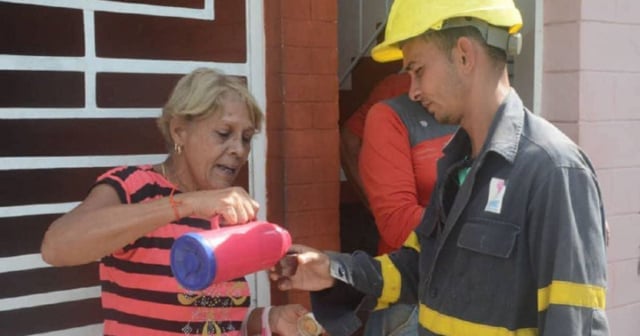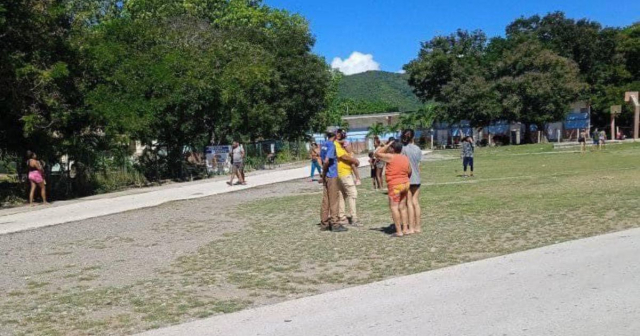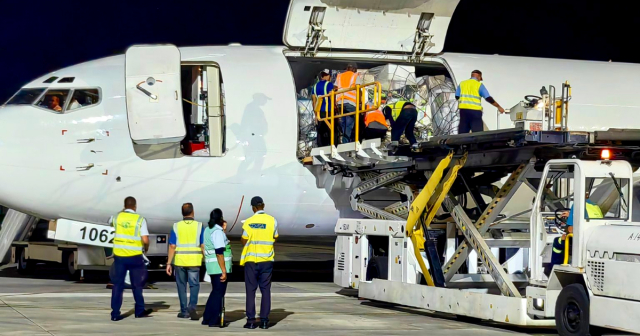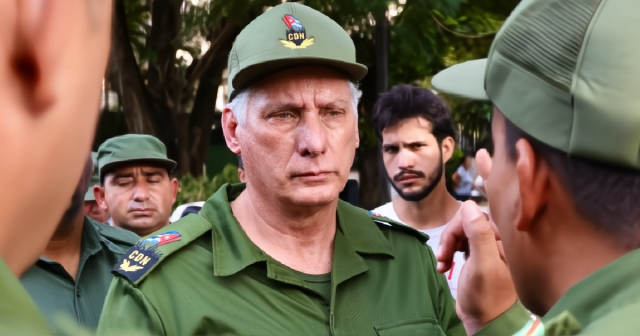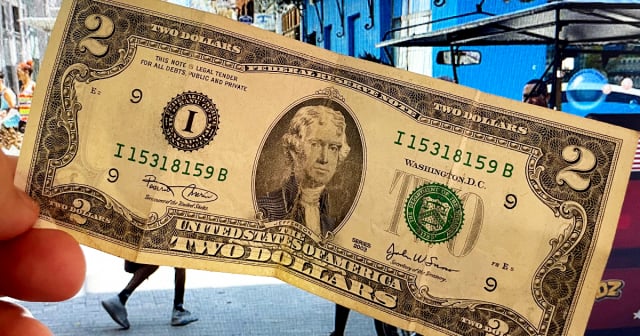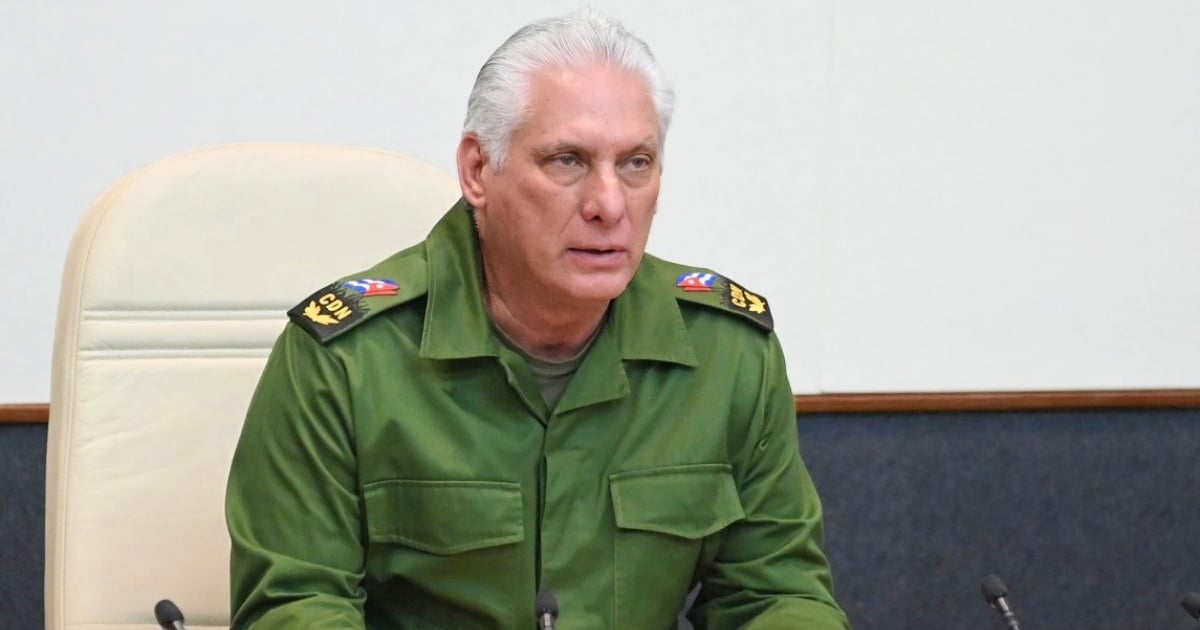
"We are in a tough situation," Miguel Díaz-Canel summarized to the National Assembly of People's Power in July 2022, referring to a series of unfortunate energy events that had taken over 400 MW of generation offline from three plants in a short period of time.
What Díaz-Canel did not know at the time was that this was nothing compared to what would come later, as between October and November 2024, he would have the record for two power outages in the National Electric System (SEN) in less than three weeks.
Since Miguel Díaz-Canel took power in Cuba on April 19, 2018, the country has faced a series of events that have significantly shaped the fate of its people; occurrences that have highlighted his inability to manage crises and his lack of leadership, beyond the poisonous legacy he inherited from the Castros.
Here is a summary of some of those events:
-Air accident in Havana on May 18, 2018
On May 18, 2018, just one day before Díaz-Canel marked one month in charge of the country, a Boeing 737 from Cubana de Aviación, leased to the Mexican airline Global Air, crashed shortly after taking off from José Martí International Airport in Havana. The flight was headed to the city of Holguín. In this tragic incident, 112 of the 113 people on board lost their lives. This accident is one of the most serious in the history of Cuban aviation.
-Tornado in Havana on January 27, 2019
The tornado that struck Havana on January 27, 2019, left a trail of devastation in several areas of the capital, particularly in the municipalities of Diez de Octubre, Regla, Guanabacoa, and San Miguel del Padrón. With winds of up to 300 km/h, the natural phenomenon destroyed homes, uprooted trees, and caused severe damage to infrastructure and the electrical system. At least seven people lost their lives, and more than 190 were injured.
-Covid-19 pandemic starting March 2020
Although this is a global tragedy, the pandemic severely impacted Cuba, particularly in 2021, when the healthcare system collapsed due to a lack of medications, personnel, and resources. The coronavirus pandemic dealt a fatal blow to the Cuban public health system.
-Explosion at the Saratoga Hotel in Havana on May 6, 2022.
A massive explosion, attributed to a gas leak during preparations for the reopening of the iconic hotel, destroyed much of the building and resulted in the deaths of 47 people, along with numerous injuries and material losses. The historic structure, a symbol of luxury and elegance in the heart of the capital, quickly became the site of a national tragedy. Rescue teams and volunteers worked tirelessly in the area, sifting through debris in a desperate effort to save lives.
-Fire at the Supertanker Base in Matanzas, August 5-12, 2022
On August 5, a lightning strike at a fuel depot in the Supertankers Base of Matanzas triggered one of the largest industrial disasters in Cuba's history. It resulted in 17 fatalities and 146 injuries.
-Hurricanes
Since Díaz-Canel took power, at least six hurricanes have caused varying levels of destruction in the country, whether they made landfall in Cuba or not. These include Hurricane Michael (2018); Laura (2020); Elsa (2021); Ian (2022); and finally Hurricanes Oscar and Rafael, which ravaged areas in the east and west of the country, respectively, between October and November of this year.
A special mention is warranted for Hurricane Oscar, which caused unparalleled devastation in the recent history of such climatic events in the country, resulting in the deaths of six people, flooding, landslides, and significant material losses.
-Earthquakes of November 10, 2024
Two earthquakes, measuring 6.0 and 6.7 on the Richter scale, caught residents in the eastern provinces, particularly in Granma and Santiago, by surprise.
Disconnections from the National Electricity System
Although the energy crisis in Cuba is the "situation" from which Cubans have never managed to escape in recent years, on October 18 and November 6, 2024, Cuba experienced two outages of the National Electric System (SEN), setting a painful record that left millions of Cubans in total darkness for several days.
In addition to natural disasters, accidents, or various misfortunes that have marked Díaz-Canel's presidency, there are other daily tragedies such as the outbreak of mosquito-borne diseases like dengue and, more recently, the Oropouche virus, which have once again jeopardized the already fragile public health system in Cuba.
Sanitation issues, shortages of food and medicines, rising inflation, and the devaluation of the Cuban peso, along with the collapse of public transportation and other everyday challenges, characterize Miguel Díaz-Canel's tenure to date.
Since assuming the presidency in 2018, Miguel Díaz-Canel has demonstrated significant ineffectiveness in addressing the urgent problems facing Cuba, both in responding to immediate crises—such as accidents, natural disasters, or emergencies—and in implementing effective economic policies and substantial reforms that lead to an improvement in the quality of life for Cubans.
Throughout his six years in office, his administration has been unable to provide solid or long-term solutions to an economy in crisis, characterized by shortages, inflation, and the devaluation of the Cuban peso.
The announced reforms, such as the Task of Ordering, have led to failures that have worsened the living conditions of Cubans, while the lack of effective actions in emergencies reflects a government that does not respond to either the immediate needs or the developmental aspirations of the population.
In this context, his mandate is caught between the heavy shadow of the past and the pressure of a present that demands urgent changes. The patience and resilience of the Cuban people, who have endured shortages and restrictions for decades, are currently at their breaking point.
The combination of a deep economic crisis, with shortages of food, medicine, and basic products, along with the lack of real solutions from the government, has undermined the spirit of a population accustomed to enduring hardship.
The hope that some placed in promises of reforms has given way to widespread frustration due to the inability to achieve meaningful change, leaving the country in a state of increasing tension and despair.
The question "How long?" has become the echo of a collective sentiment that resonates in every corner of Cuba, in the endless lines to buy food, in medical consultations without medicines, and in the silent streets that once vibrated with life and now reflect the exhaustion of a people who are at their limit.
It is the question that resonates in the hearts of a people who, with each new crisis and every broken promise, witness the crumbling possibility of a better future on the island. It symbolizes the urgent need for change that has been postponed for too long for the Cubans.
What do you think?
VIEW COMMENTS (7)Filed under:

